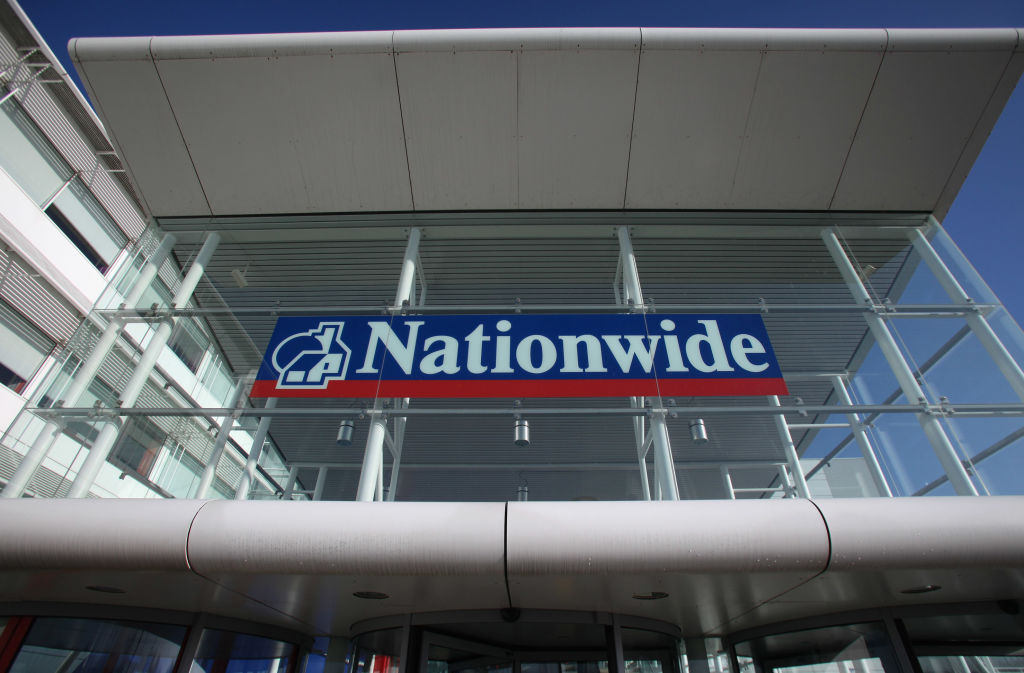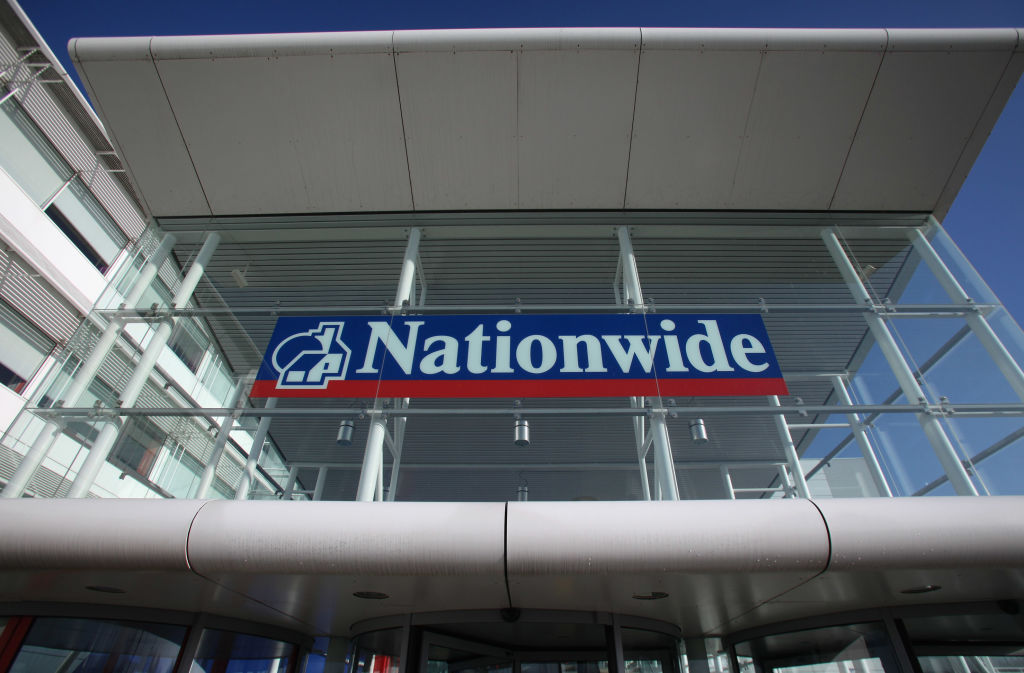Nationwide agrees terms for £2.9bn Virgin Money takeover to create second-largest provider of UK mortgages and savings
Nationwide, the UK’s largest building society, has struck a preliminary agreement to acquire Virgin Money, Britain’s sixth-biggest high street bank, valuing the latter at around £2.9bn.


Nationwide, the UK’s largest building society, has struck a preliminary agreement to acquire Virgin Money, Britain’s sixth-biggest high street bank, valuing the latter at around £2.9bn.
The two lenders announced on Thursday that the potential acquisition would create a combined group with assets of around £366.3bn and total lending and advances of some £283.5bn, making it the second-largest UK provider of mortgages and savings.
Virgin Money was previously sold to the owner of Clydesdale and Yorkshire banks, CYBG, for £1.7bn in 2018.
Under the new agreement, Virgin Money shareholders would be entitled to receive 218p per share and a proposed dividend of 2p as part of the bank’s ordinary dividend calendar. The bank’s stock price soared 36 per cent to 216.90p on Thursday morning, nearing the agreement’s 220p valuation.
The 220p per Virgin Money share set to be received by shareholders marks a 38 per cent premium to its closing price of 159.05p on Wednesday and a 40 per cent premium to its volume-weighted average price over the last three months as of yesterday.
A potential acquisition would come as the latest in a series of tie-ups in the high street banking sector.
Barclays inked a deal to buy most of Tesco’s retail banking arm in February, while Coventry Building Society is in exclusive talks to potentially merge with the Co-op Bank. Meanwhile, Sainsbury’s plans to offload its core banking arm to other firms.
Virgin Money has around 7,300 staff, with Nationwide calling the potential tie-up an “opportunity to harness the talent of this group”. It did not expect to make any “material changes” to the size of Virgin Money’s workforce in the near term.
Virgin Money, like its high street peers, is on a mission to reduce costs as it transitions to online banking. The lender cut 150 jobs last quarter and has warned there could be more to come.
Nationwide, which has the largest single-brand branch network in the UK, added that it would intend to retain all the combined group’s branches until at least the start of 2026.
The lenders said Virgin Money would keep operating as a separate legal entity within the Nationwide group, with a separate board of directors and banking licence.
However, the combined group would stop using the “Virgin Money” brand at some point during the first six years.
Nationwide chief executive Debbie Crosbie said: “Importantly, Nationwide will remain a building society, and a combined group would bring the benefits of fairer banking and mutual ownership to more people in the UK, including our continuing commitment to retain existing branches, as part of our ‘Branch Promise’ and leading levels of customer service.
“We believe the combination would create a stronger and more diverse business that will be better placed to deliver value to our members and customers, both now and in the future.”
Virgin Money CEO David Duffy commented: “This potential transaction with Nationwide represents an exciting opportunity to build on the significant progress we have made in becoming the only new Tier 1 bank in recent history. The combined scale and strength would expand our customer offering and complete our journey in the banking sector as a national competitor.”
Virgin Money has temporarily suspended a previously announced £150m share buyback programme in light of the agreement with Nationwide.
The lenders highlighted that any takeover would be subject to “the satisfactory completion of customary due diligence in respect of the Virgin Money group”.
Benjamin Toms, an analyst at RBC Capital Markets, said the potential takeover could “lead to increased competition in the UK mortgage and savings market”.
He told City A.M.: “With the outlook for the UK economy stabilising, we wouldn’t be surprised to see more deals like this announced. UK bank valuations are relatively cheap for the sustainable returns they offer.”
Updates throughout



